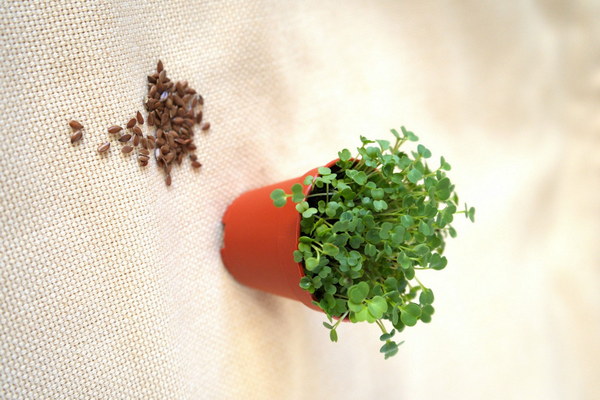Efficient Ways to Eliminate Musty Odors and Moisture in Your Home
In the damp and often humid climate, it's not uncommon to find your home harboring unwanted moisture and musty odors. Not only are these conditions uncomfortable, but they can also lead to the growth of mold and mildew, which can be harmful to your health. Here are some effective ways to eliminate moisture and musty odors from your home, ensuring a healthier and more pleasant living environment.
1. Ventilation is Key
Proper ventilation is crucial in preventing moisture buildup. Here's how you can improve ventilation in your home:
- Open Windows: Regularly opening windows allows fresh air to circulate and can help to dissipate excess moisture.
- Use Exhaust Fans: In bathrooms and kitchens, make sure to use exhaust fans to vent moisture out of the room.
- Ventilation in Attics and Basements: Ensure that your attic and basement are well-ventilated to prevent moisture from accumulating in these areas.
2. Dehumidifiers
Dehumidifiers are a great tool for reducing humidity levels in your home. Here's how to use them effectively:
- Place in High-Moisture Areas: Position dehumidifiers in rooms where moisture tends to accumulate, such as basements, bathrooms, and kitchens.
- Regular Maintenance: Clean the dehumidifier's filter regularly to maintain its efficiency and prevent mold growth.
- Monitor Humidity Levels: Aim for a humidity level between 30% and 50% to keep mold at bay.
3. Use of Desiccants
Desiccants are substances that absorb moisture from the air. Here are some common desiccants and how to use them:
- Baking Soda: Sprinkle baking soda in areas prone to moisture, such as cabinets and drawers, and replace it every few months.
- Silica Gel: Place silica gel packets in enclosed spaces like closets and shoeboxes to absorb moisture.
- Salt: Mix salt with a little water and apply it to damp areas. The salt will absorb moisture and can be reused.
4. Seal Cracks and Gaps
Leaky walls and windows can let in moisture, contributing to musty odors. Here's how to seal them:
- Inspect Your Home: Look for cracks, gaps, or leaks in walls, windows, and doors.
- Use Caulk or Sealant: Apply a suitable caulk or sealant to seal any gaps you find.
- Weatherstrip: Install weatherstripping around doors and windows to prevent drafts and moisture from entering.
5. Clean and Dry Promptly
After using water in any form, it's essential to clean and dry surfaces promptly:
- Wipe Up Spills: Clean up water spills immediately to prevent moisture from seeping into materials.
- Dry Wet Floors: Ensure that wet floors are dried thoroughly, especially in areas like kitchens and bathrooms.
- Air Out Wet Clothing: Hang damp clothes to dry instead of leaving them in a pile, which can lead to musty odors.

6. Regular Cleaning
Regular cleaning can help prevent the buildup of mold and mildew:
- Clean Shower and Bathtub: Use a mold-killing cleaner on a regular basis to prevent mold growth in these areas.
- Vacuum Regularly: Use a vacuum with a HEPA filter to remove dust and allergens that can contribute to musty smells.
- Dust and Clean Rugs and Carpets: Dust and vacuum carpets and rugs to remove moisture and prevent mold growth.
7. Natural Remedies
For a more natural approach, consider these remedies:
- Lemon Peels: Place lemon peels in drawers and cabinets to neutralize odors.
- Essential Oils: Use essential oils such as tea tree oil or eucalyptus oil in a diffuser to combat musty smells and improve air quality.
- Herbs and Spices: Dried herbs and spices can be used to add a pleasant scent to your home and can be placed in jars around the house.
By implementing these strategies, you can effectively eliminate moisture and musty odors from your home, creating a healthier and more comfortable living space. Remember, prevention is better than cure, so regular maintenance and attention to moisture levels will keep your home free from unwanted dampness.









